International Relations
Relations across the UK, Europe and globally are frequently changing, and have done so across our history. How these relations are recorded, monitored and treated are discussed in the collection of articles and podcasts here. The very concept of international relations is explored as are when boundaries and discussions between states and groups started to matter. What are the procedures, protocols and outcomes of a world according to the history of international relations are all under scrutiny?
Sort by:
Date (Newest first) | Title A-Z
Show:
All |
Articles |
Podcasts |
Multipage Articles
-
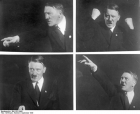
The Origins of the Second Great War
ArticleClick to view -

CRIC Research Project
ArticleClick to view -

Neville Chamberlain: Villain or Hero?
ArticleClick to view -

Cyprus: another Middle East issue
ArticleClick to view -

The Byzantine Empire on the Eve of the Crusades
ArticleClick to view -
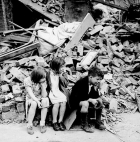
The Coming of War in 1939
ArticleClick to view -
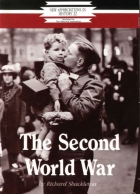
The Second World War
ArticleClick to view -
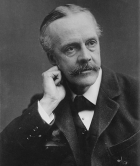
Polychronicon 143: the Balfour Declaration
ArticleClick to view -
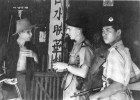
Imperialism resurgent: European attempts to 'recolonise' South East Asia after 1945
ArticleClick to view -
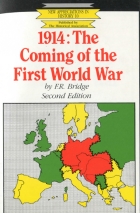
1914: The Coming of the First World War
ArticleClick to view -
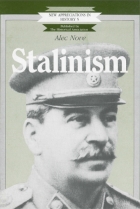
Stalinism
ArticleClick to view -
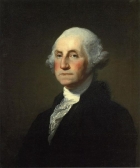
The War of American Independence
ArticleClick to view -
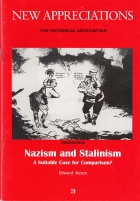
Nazism and Stalinism
ArticleClick to view -
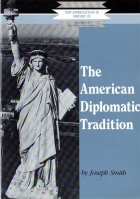
The American Diplomatic Tradition
ArticleClick to view -

The Spice of Life? Ensuring variety when teaching about the Treaty of Versailles
ArticleClick to view -

Brazil and the two World Wars
ArticleClick to view -

Bertrand Russell's Role in the Cuban Missile Crisis
ArticleClick to view -

Czech Uranium and Stalin's Bomb
ArticleClick to view -

Cunning Plan 97: A-Level: International Relations 1890-1914
ArticleClick to view -

Britain and the Formation of NATO
ArticleClick to view

